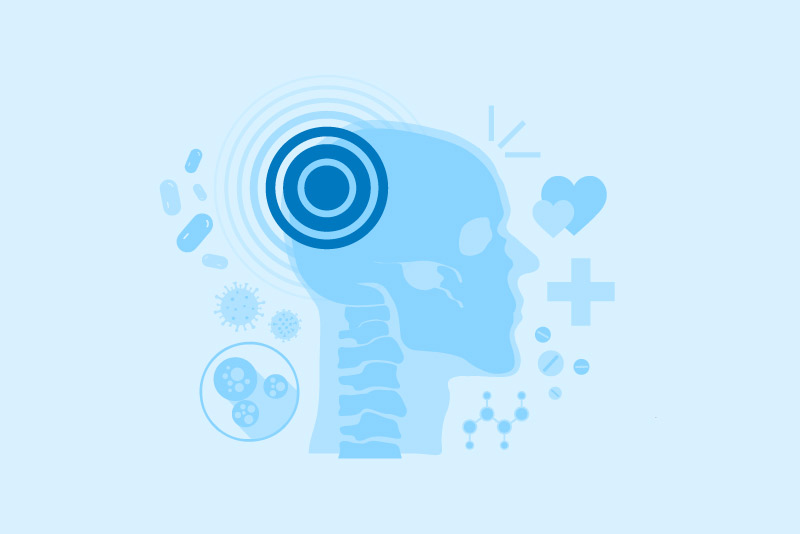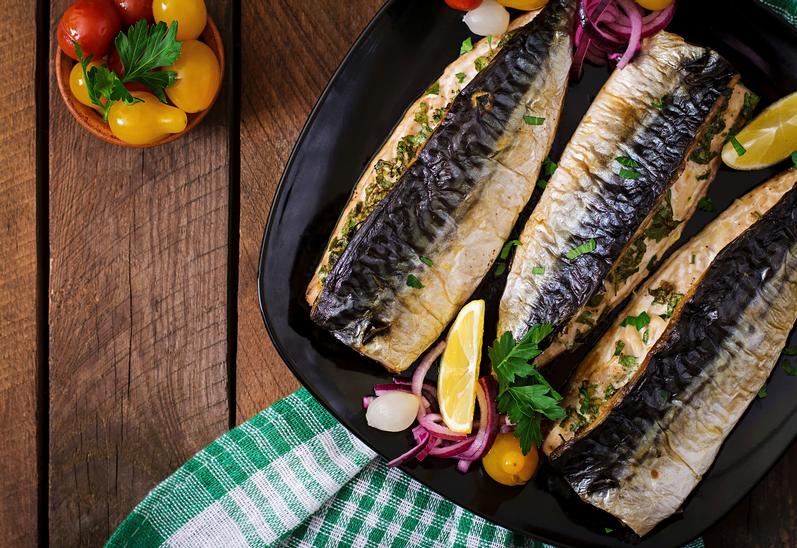Despite multiple studies showing that carbohydrates hurt your heart, and not saturated fats, misguided advisories and Big Pharma profiteering both persist.

thewire.in
---------------------------------------------------------------------------------------
.....Ancel Benjamin Keys, a physiologist with a PhD from Cambridge University, stamped his ‘diet heart’ hypothesis into the consciousness of Paul Dudley White, a founder-member of the AHA.
.....
Keys was able to launch his ‘diet heart’ hypothesis because there was little science available in the 1950s that could explain the near-epidemic of heart attacks among middle-aged Americans. He presented his “seven countries study” displaying a clear association between eating greater amounts of saturated fats and deaths due to heart disease. The seven countries were the US, Japan, Yugoslavia, Netherlands, Italy, Greece and Finland. But as Teicholz has shown, the method behind the study was seriously flawed.
The biggest was that Keys had cherry-picked these countries because they supported his hypothesis. He left out 15 countries that did not reveal any association between saturated-fat consumption and heart mortality. He conveniently ignored Denmark, Sweden and Norway, each of which had relatively few deaths from heart attacks in spite of sporting diets with lots of saturated fats. And Chile, on the other hand, had a high cardiac mortality despite eating little saturated fats. An unbiased investigator would have realised these problems in Keys’ hypothesis – as they do now – but didn’t: they hadn’t been presented with the complete data.
Keys also checked food samples for fats in less than 4% of the 12,000 participants he studied, and when the food was studied it was checked for a single day among the American and for less than a week among the European participants. Keys had also been impressed by the large number of long-lived people on the Greek island of Crete. However, as Teicholz writes, he had tested them when they’d been fasting for more than a month during a religious festival. In this period, more than 60% of the population abstained from meat, butter and cheese. This led Keys to the wrong conclusion that a low-fat diet was the key to longevity.
The AHA was so impressed by the ‘diet heart’ hypothesis that it made an official policy of it, and voila! By 1977, more than 220 million Americans were being urged by the US government to adhere to a low-fat diet. The British, true to form, officially imposed the same diet guidelines by 1984 on their subjects.
Remarkably, the AHA ignored no fewer than six randomised studies – including almost 2,500 heart patients – that showed no difference in mortality between the intervention group (low saturated-fat diet) and the control group (which continued with its regular eating habits). Both the intervention and control cohorts had 370 deaths each. Moreover, no women were being studied, and in the absence of a single primary prevention trial, the AHA and the US government had formulated their advisories.
The food industry also got in on the action. Vegetable oils started being manufactured in the millions of tons. Leading them all was Procter and Gamble, which began to aggressively market cottonseed oil, according to Teicholz’s book, as well as make a sizeable donation to the AHA, an amount worth $17 million today. The corresponding “diet-food-health-industrial complex” has not looked back in the 60 years since.
The largest randomised trial assessing the effects of a low-fat diet on heart and cardiovascular diseases was
the Women’s Health Initiative. It followed up 49,000 postmenopausal women who had been on a low-fat diet (alongside an increased intake of fruits, vegetables and grains) for eight years but had failed to lower their risks of death, heart attack, stroke or diabetes.
Two large reviews and meta-analyses (
this and
this) involving more than 600,000 participants have also failed to show any reduction in cardiovascular events, or death, by replacing saturated fats with vegetable oils. There was an increase in cardiovascular events due to trans-fats.....
The Minnesota, DIRECT, Framingham and PURE studies
In 1967-1973, doctors intervened in the diets of a group of people randomly picked from a cohort of 9,000 for the famous
Minnesota Coronary Experiment. The intervened group had saturated fats replaced by a polyunsaturated vegetable oil. The control group continued with their regular American diet. These people were from enrolled from mental institutions and from homes for the elderly. More than 2,500 participants continued on their respective diets for at least a year, and autopsy reports were available for about 140 deaths. This trial’s results were never published until a group of investigators got its hands on all the raw data.
They were dumbstruck to learn that the autopsies revealed 42% of the people in the intervention group had suffered a heart attack against only 22% in the control group. Both groups had similar amounts of atherosclerosis in their coronary arteries.
The other major finding was that, in spite of a 13% reduction in blood cholesterol with a vegetable-oil diet, there was a paradoxical 30% higher mortality in people older than 65 years. To explain this, the investigators hypothesised that the lowered cholesterol had the denser LDL particles that are oxidised more easily and so invade the coronary faster. As it happened, the principal investigator of the Minnesota Coronary Experiment was none other than Ancel Keys.....
--------------------------------------------------------------------------------------
.....pure unadulterated snake oil.











